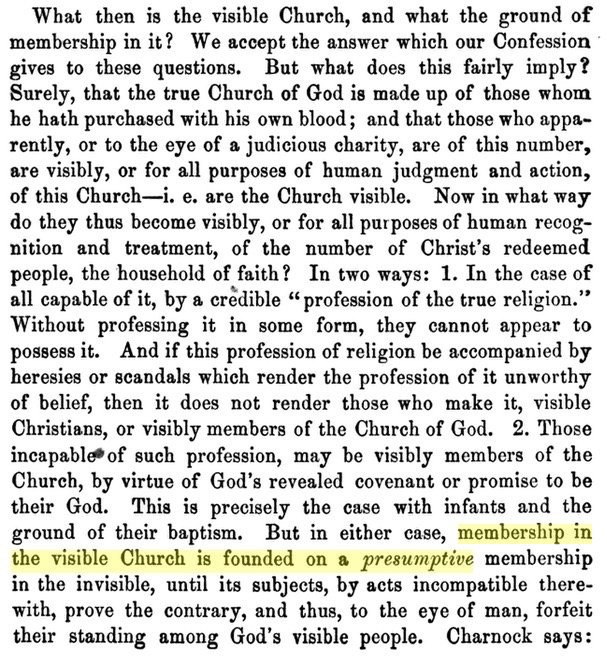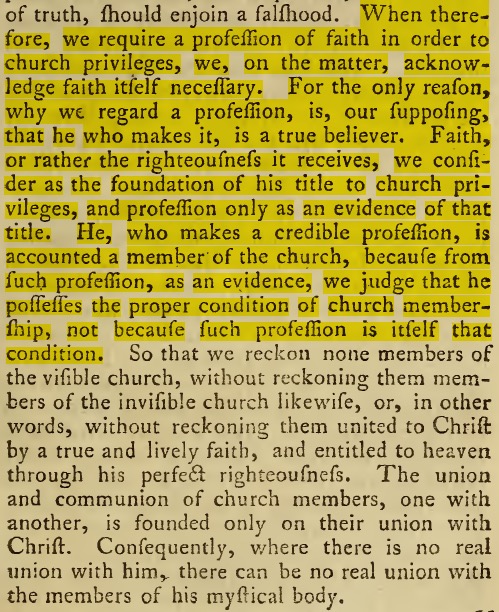Richard Barcellos
Biblical-Theological Exposition and Hermeneutics
On 19, Nov 2014 | In Resources, Richard Barcellos | By Brandon Adams
by Richard Barcellos [PDF available here]
The Bible is a big book. It contains 66 books written by many different human authors over a wide range of time and in diverse geographic, cultural, political, and religious circumstances. There are two main sections to our English Bibles – the Old and the New Testament. There are several different genres of literature in the Bible – e.g., narrative/history, law, poetry, prophecy, gospels (i.e., theological biographies), epistles, and apocalyptic. These factors make interpreting the Bible a difficult task at times. Those who do not view the Bible as the inspired, infallible, and inerrant written Word of God often use these factors to pit one section of Scripture against others. They do not see it as containing a system of doctrine. System, in their thinking, is impossible due to the various human authors and other factors mentioned above. Denying divine inspiration, there is no reason to expect a cohesive story-line and doctrinal continuity.
Those of us who view the Bible as the written Word of God, however, are committed to allow it to speak authoritatively on anything and everything it comments upon. And one the things the Bible comments upon is itself. In other words, texts often pick up on previous texts and further explain their meaning. This happens with words, phrases, verses, passages, persons, events, institutions, places, and concepts. When this occurs, it is the divine use or interpretation of a previous divine revelation. In other words, the Bible sometimes interprets the Bible for us and when it does, the way subsequent revelation interprets and applies antecedent revelation gives us (at least in part) the divinely intended meaning of the antecedent text. This is not to say that the interpreter of a text cannot find out its meaning unless the Bible interprets it for us, but it is to say that when the Bible interprets itself, the interpretation is infallible and reflective of the divine intention for and use of that text. Because the Bible is divinely inspired, a whole- Bible hermeneutic is crucial in understanding both the parts and the whole of Scripture. Read more…
Barcellos’ Short Writings on Covenant Theology
On 19, Nov 2014 | In Resources, Richard Barcellos | By Brandon Adams
Below are several short writings from Richard Barcellos related to covenant theology. You can also download them here combined in one PDF.
- How Old is Covenant Theology?
- A Typical Objection to the Covenant of Works: Stated, Answered, Concluded
- Was Adam placed in a covenantal relationship with God?
Barcellos’ Short Writings on the Law
On 19, Nov 2014 | In Resources, Richard Barcellos | By Brandon Adams
Below are links to various short writings from Richard Barcellos related to the law. They are also available combined as one PDF.
- Definition of Key Terms and Phrases
- Some thoughts on the three-fold division of the law
- Some thoughts on Moral Law, Positive Law, the Ten Commandments, the New Covenant, and the Ground of our Justification
- Typical Objections to the Ten Commandments and Christians
- The Second London Baptist Confession of 1689 on the Decalogue
- On the use of the word “law” (nomos) with and without the Greek article
The Decalogue in the Thought of Key Reformed Theologians with Special Reference to John Owen
On 17, Nov 2014 | In Resources, Richard Barcellos | By Brandon Adams
The following is Appendix Two in Richard Barcellos’ The Family Tree of Reformed Biblical Theology. Here is a PDF version.
Introduction
In this Appendix, we will explore the thought of John Owen, as well as several other Reformed theologians from the 16th-18th centuries, on the functions of the Decalogue. We will note the various nuances of terminology and theological formulation among Reformed theologians of the past. But we will also see basic methodological and theological continuity from John Calvin to Thomas Boston. This, once again, displays Owen’s continuity with the Reformed tradition and the continuity among the Reformed orthodox on this subject. As will be seen, the Reformed orthodox approached this subject utilizing a redemptive-historical hermeneutic, something we noted in Chapter Six.
Our focus will be upon John Owen. He is not always easy to understand and has been misused on the issue of the functions of the Decalogue. We will seek to allow him to speak for himself, offer some observations, and compare Owen’s statements with those of others before and after him. This will display, among other things, the fact that Owen fits within the broader theological tradition of Reformed thought on the functions of the Decalogue in redemptive history. Read more…
The Functions of the Law of God in the Bible (Barcellos lecture)
On 16, Sep 2014 | In Resources, Richard Barcellos, Video | By Brandon Adams
A sample lecture from the Institute for Reformed Baptist Studies Continuing Education Program
Course Description: This study will cover some of the views of various Reformed theologians on the functions of the Law of God, concentrating on the Decalogue, as well as the confessional position. Once the historical-theological issues are covered, the lectures will then focus on a biblical-theological overview of the subject at hand. Special attention will be given to the functions of the Decalogue and its utility for believers in Christ.
Hermeneutical Concepts and Ways the Bible Interprets Itself Video Length: 1h 6m 6s
An Objection to the Covenant of Works (lectures)
On 02, Apr 2014 | In Audio, Resources, Richard Barcellos | By Brandon Adams
|
|
|
|
Of God’s Covenant (Keach Conference 2013)
On 02, Apr 2014 | In Audio, Resources, Richard Barcellos | By Brandon Adams
|
|
A Brief Survey of Covenant Theology (Barcellos)
On 17, Jul 2013 | In Audio, Resources, Richard Barcellos, Video | By Brandon Adams
|
|||||||||||
|
|||||||||||
|




